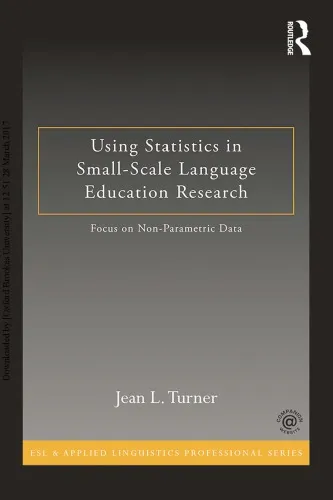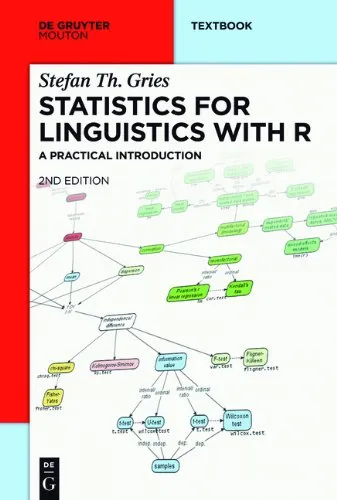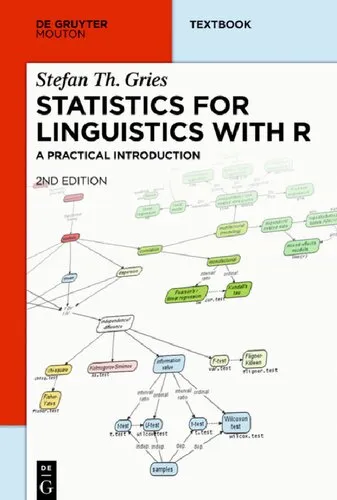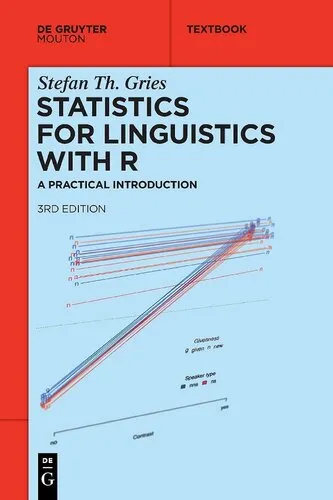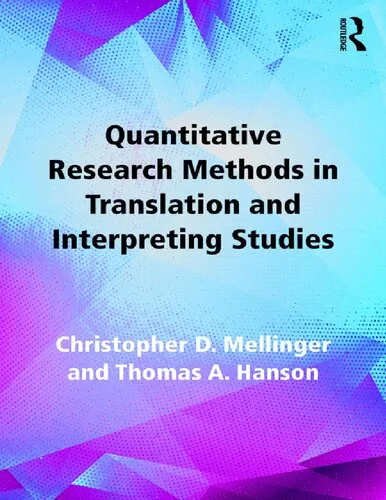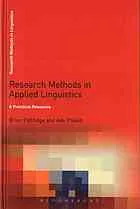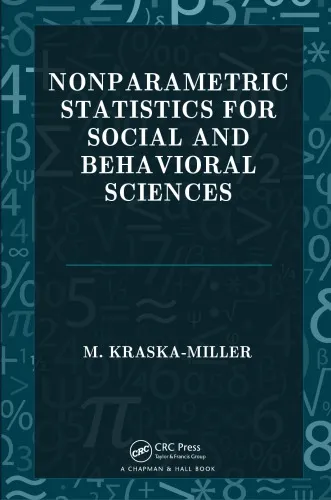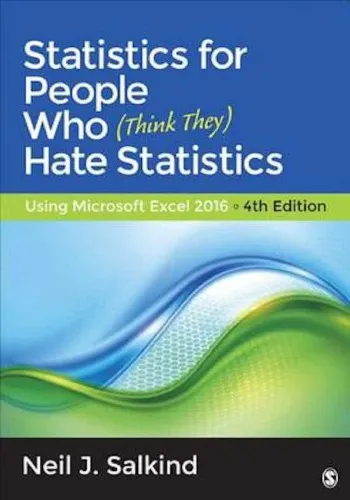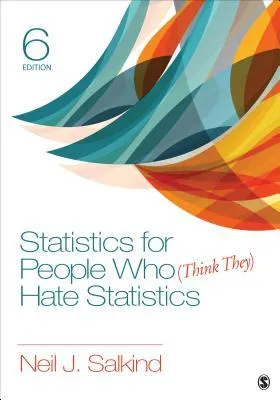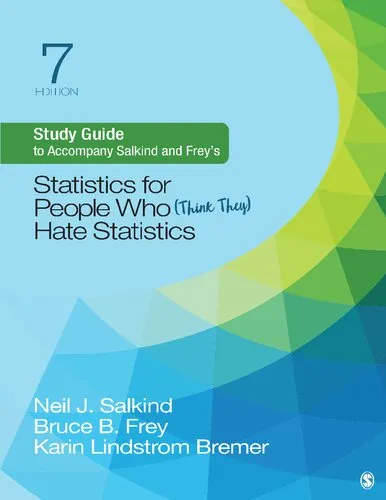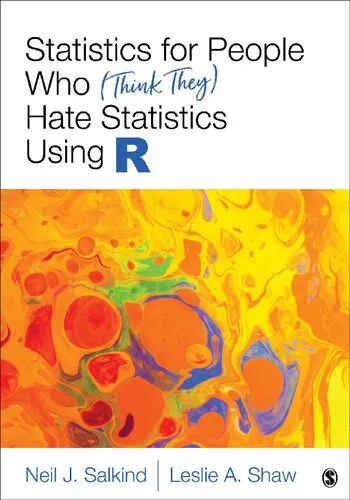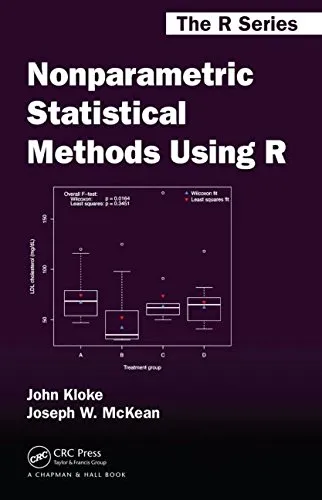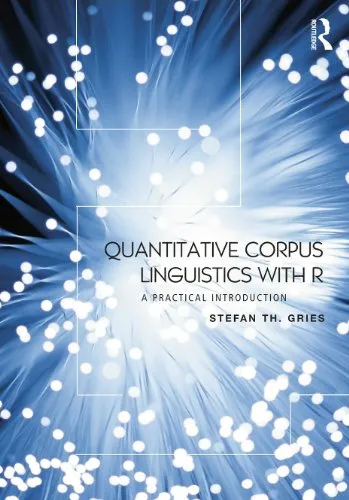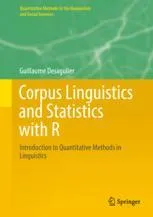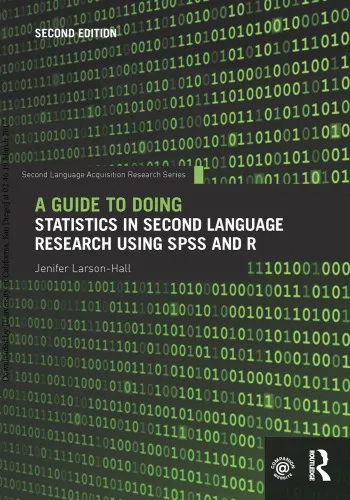Using Statistics in Small-Scale Language Education Research: Focus on Non-Parametric Data
4.4
Reviews from our users

You Can Ask your questions from this book's AI after Login
Each download or ask from book AI costs 2 points. To earn more free points, please visit the Points Guide Page and complete some valuable actions.Related Refrences:
Introduction
Welcome to Using Statistics in Small-Scale Language Education Research: Focus on Non-Parametric Data, a resource specifically tailored to meet the needs of educators, researchers, and practitioners in the field of language education. This book equips readers with foundational knowledge on using non-parametric statistical methods in their studies, a vital area in education research where small sample sizes and non-standard data distributions are common. Designed to demystify complex statistical concepts, this book serves as a practical guide for those who wish to confidently apply accurate and meaningful statistical analyses to their small-scale research.
Non-parametric statistics, often underutilized or misunderstood, provide researchers with robust and flexible tools to explore and validate findings when traditional parametric methods may not be suitable. This book bridges the gap between abstract statistical theory and the real-world challenges faced by language education researchers. Whether you are a novice or an experienced academic, this book will deepen your understanding of non-parametric methods and enhance the quality and reliability of your research outcomes.
A Detailed Summary of the Book
The book is structured to provide a balance between theoretical concepts and practical application. The opening chapters introduce readers to the basics of statistics and the role of non-parametric data analysis in language education research. Fundamental concepts, such as hypothesis testing, sample distribution, and the distinction between parametric and non-parametric methods, are explained in a clear and accessible manner.
The middle chapters delve deeper into the core non-parametric tests frequently used in small-scale research, such as the Mann-Whitney U Test, Wilcoxon Signed-Rank Test, Kruskal-Wallis H Test, and Spearman's Rank Correlation. Each test is accompanied by detailed examples specific to language teaching and learning scenarios—be it classroom interaction analysis, survey results, or learner performance data.
Toward the latter half, the book addresses challenges faced by researchers, including how to handle small sample sizes, missing data, and achieving statistical significance without distorting findings. Readers are also provided with step-by-step guidance on using software like SPSS, R, or even manual calculations to analyze data effectively. By the conclusion, readers will feel equipped not only to perform these analyses but also to interpret results meaningfully and present them in publication-worthy formats.
Key Takeaways
- A clear understanding of when and why to use non-parametric statistical methods over parametric methods.
- Step-by-step guidance on applying non-parametric tests using real-life examples from language education contexts.
- Practical solutions to common challenges in analyzing small-scale research data, such as small sample sizes and uneven distributions.
- Insights into interpreting and reporting statistical results in a manner that aligns with academic and professional standards.
- Strategies for choosing the right statistical tools for specific research models and datasets.
Famous Quotes from the Book
"Small-scale research does not mean small-scale impact. Valid and reliable statistical analyses have the power to amplify the voices of researchers working with limited data."
"A great researcher is not defined by the size of their sample but by their skill in choosing the right tools to analyze it."
"Non-parametric statistics are not the last resort—they are, more often than not, the best starting point for small-scale educational research."
Why This Book Matters
In an era where research underpins policy-making and educational innovations, the importance of valid and reliable statistical analyses cannot be overstated. However, not all research contexts fit neatly into the conventional frameworks of parametric statistics. Language education research often deals with complex, multifaceted variables, small sample sizes, and unique data types—circumstances in which non-parametric methods shine.
This book addresses a crucial gap in statistical resources for language educators who may lack advanced statistical training but require rigorous methods for their research. By focusing on non-parametric tests, it empowers small-scale researchers to draw meaningful and trustworthy conclusions from their data. It also changes the narrative around statistics, making them approachable and relevant rather than daunting.
Most importantly, this book matters because it democratizes access to statistical tools for educators and researchers working in under-resourced or non-traditional contexts. It underscores that valid research is possible no matter the scale, setting, or constraints, provided the right methods are employed.
Free Direct Download
You Can Download this book after Login
Accessing books through legal platforms and public libraries not only supports the rights of authors and publishers but also contributes to the sustainability of reading culture. Before downloading, please take a moment to consider these options.
Find this book on other platforms:
WorldCat helps you find books in libraries worldwide.
See ratings, reviews, and discussions on Goodreads.
Find and buy rare or used books on AbeBooks.
1459
بازدید4.4
امتیاز0
نظر98%
رضایتReviews:
4.4
Based on 0 users review
Questions & Answers
Ask questions about this book or help others by answering
No questions yet. Be the first to ask!
